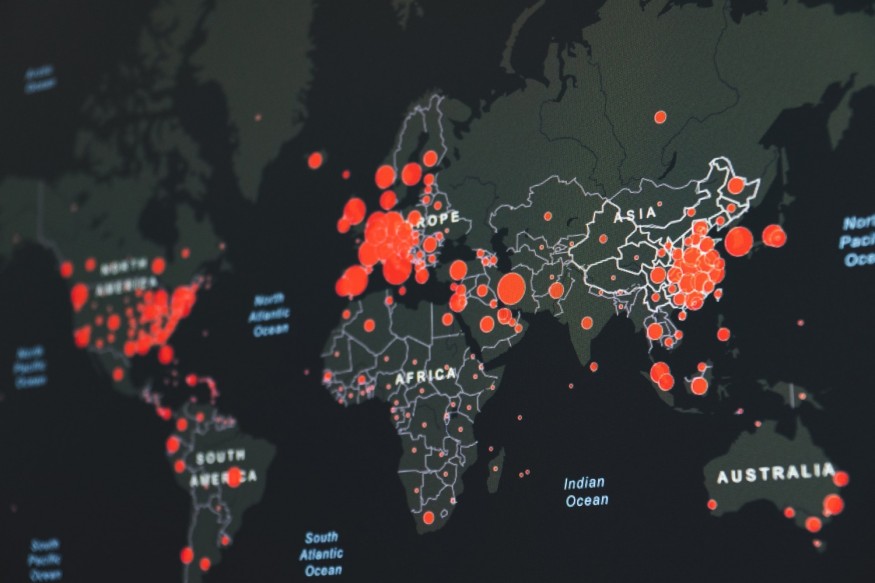Pandemics are viral disease outbreaks that spread throughout countries, regions, and continents worldwide.
Although virologists in the past several decades have increased their knowledge in understanding pathogens, health experts still pose the probability that the world's next pandemic is possible by the middle or end of the 21st century.
Considering the COVID-19 pandemic, the latest significant global disease outbreak, the spread of the novel coronavirus in early 2020 and the succeeding months have proven that the world is not entirely prepared.
In recent years, the World Health Organization (WHO) created a placeholder name "Disease X" to represent a hypothetical and unknown pathogen that could cause the next pandemic in the future.
Now, scientists in Finland created a zombie plague simulation for the country and compared it with the spread of real-world pathogens, which includes viruses and bacteria, that can cause the world's next pandemic.
The Finland zombie outbreak scenario resembles how authorities will fight and slow down another global pandemic, wherein Disease X poses the greatest threat.
Finland Zombie Outbreak

In a media release on October 26, researchers from Aalto University in Espoo, Finland, announced their study entitled Learning from the undead: Simulating zombie plagues in Finland could help slow down next pandemic.
The announcement highlights a hypothetical Finland zombie outbreak, exploring how individuals or the local population will fight the infection during human-zombie interactions.
Furthermore, the study also factored in how local authorities, which includes health officials and security forces, will respond during a zombie plague simulation.
This hypothetical scenario shows that Finnish authorities have only a small window of time to respond should the outbreak start in the country's capital city of Helsinki.
Failure to contain the infections means it will spread across the country.
Zombie Plague Simulation
One of the findings of the Aalto University study is that a zombie infection in Helsinki would spread at a fast rate, meaning interventions by authorities to mitigate or stop the spread of the outbreak will need to be implemented quickly.
Based on the Finland zombie plague simulation, it will only take seven hours to completely quarantine Helsinki even from a single zombie infection.
The same time limit also goes for an alternative option of killing the zombies in the capital.
According to the study's lead author, Pauliina Ilmonen, the university's professor at the department of Mathematics and systems analysis, it was surprising that moral issues must be weighed like "between the rights of individuals and the rights of a population."
World's Next Pandemic
Determining the next date of the world's next pandemic is challenging since it can come from existing disease outbreaks or novel infections, especially zoonotic transmissions or pathogens that spread from animals to humans.
In relation to the hypothetical Finland zombie outbreak study, the data analyzed and interpreted by Aalto University somehow offers a theoretical and practical perspective of what the next pandemic would look like.
However, there are a myriad of factors involved in the zombie plague simulation.
Still, that mathematics-based report asserts that fighting a zombie infection is fundamentally similar when it comes to dealing with the spread of pathogen-driven pandemics, as well as disinformation.
© 2025 NatureWorldNews.com All rights reserved. Do not reproduce without permission.





